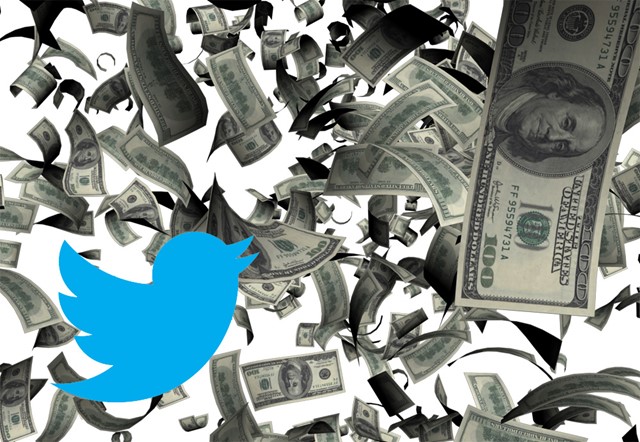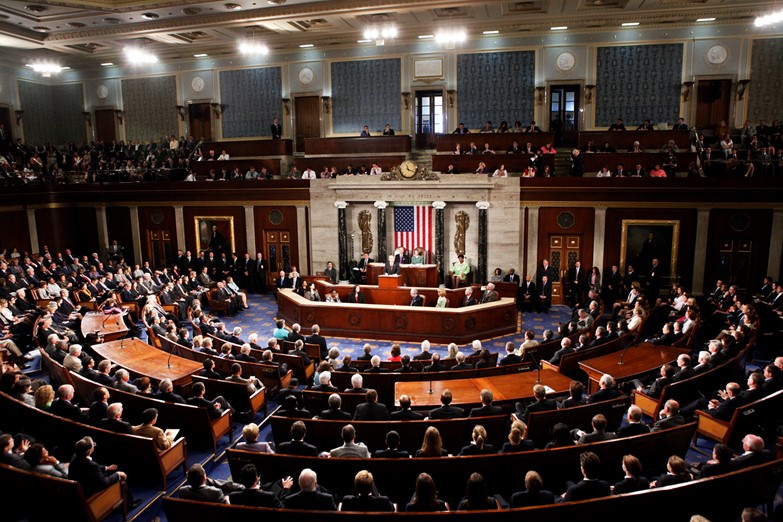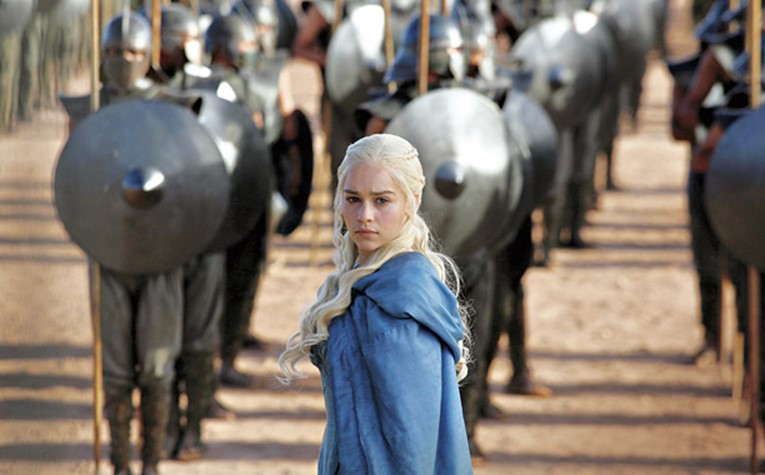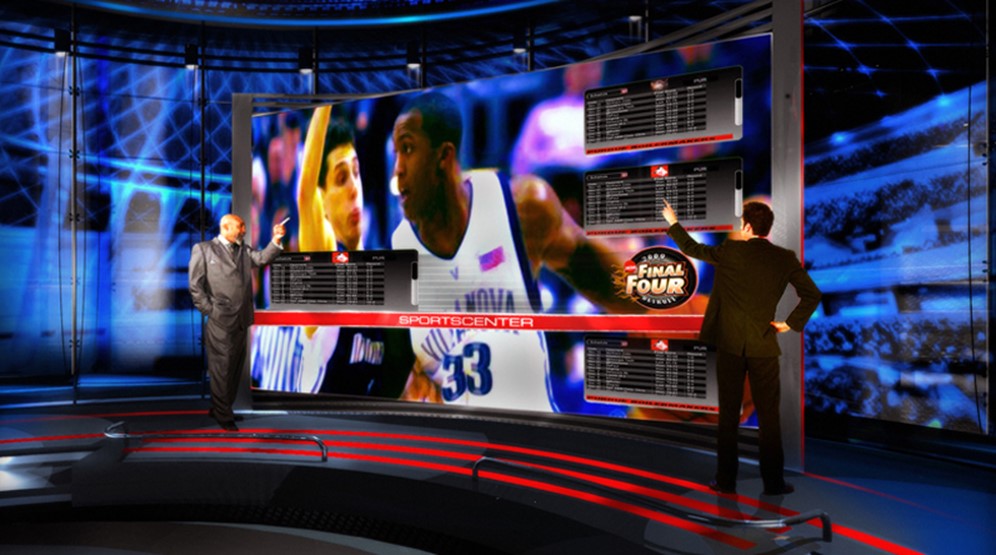A Market For Lawsuits
April 8, 2013 in Daily Bulletin

Do you have a potential lawsuit where you’re reasonably sure that you can sue for damages, but don’t have the time or resources to pursue? You can sell it writes The Economist:
- Litigation firms are specializing in pursuing lawsuits that those who have been wronged aren’t able to pursue.
- They take up the legal costs and prosecution and in return get between 30%-60% of the final payout (if any).
- For firms in the industry the problem isn’t finding promising cases. Instead it is the slow moving nature of the courts. Profits can be erratic because they depend upon the legal system delivering its decisions in a timely manner.
- At the moment demand is greater than supply. It’s worth $1 billion today…and is expected to grow rapidly.
Read more about leading industry players, why somebody might sell off their lawsuit, and ethical considerations over here.
Source: The Economist









Join the Discussion! (No Signup Required)